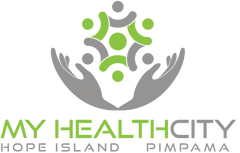
Skin cancer is the most common of all cancers. 90% of skin cancers are due to overexposure to UV light, either from the sun or solariums. The best way to survive skin cancer Is early diagnosis and treatment.
Skin Cancer or Skin Carcinomas are malignant, abnormal, uncontrolled growths or lesions that arise in the skin. Unfortunately, they are very common and affect 2 in 3 Australians before they turn 70.
Accuracy is important when dealing with melanoma, as you don’t get a second chance. Our doctors are experienced at skin cancer diagnosis and treatment, including the following forms:
Knowledge is power, which is why we want you to know what lesions to look out for and how to protect yourself and your family. Many patients have identified skin cancer on their friends and family members after their Mole Mapping appointment with us.
Our staff, advanced technology and experienced doctors will conduct a thorough examination of your skin, assessing moles using a Dermatoscope – a device used to view the intricate structure of a mole. Moles that meet our criteria will be imaged using a specialised digital dermoscopic camera to create a view of the internal structure (dermoscopic image) and the external structure (clinical image) for subsequent medical diagnosis and comparison.
As part of this service, one of our trained staff perform a systematic total body check and generates digital dermoscopic and total body images:
Each total body skin check takes up to half an hour and is advised for everyone over the age of 18 on an annual basis.